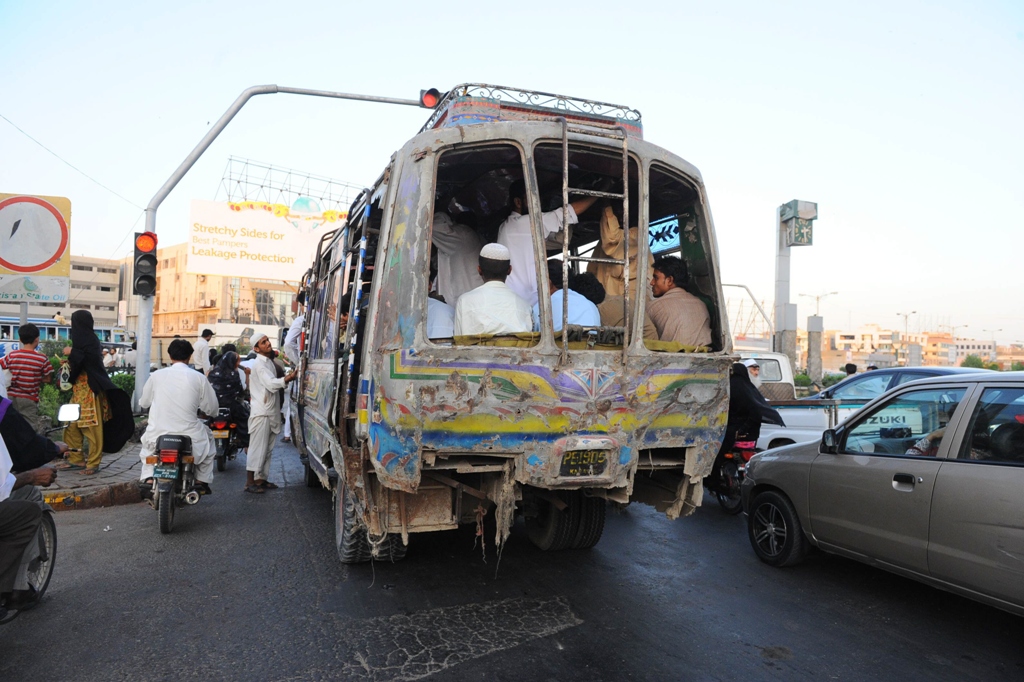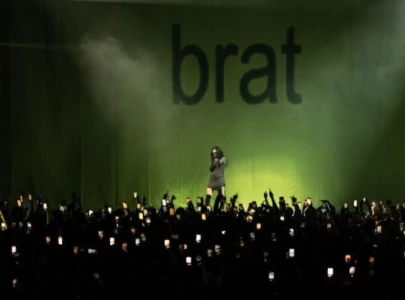
As part of the $575 million financing envelope, the Asian Development Bank (ADB) on Friday approved a $235 million loan for the bus rapid transit (BRT) system, according to an official handout issued by the local office of the Manila-based lending agency.
The Asian Infrastructure Investment Bank and the Agence Française de Développement (AFD) will separately approve $100 million each for financing the project’s civil works and equipment costs. In addition to that, the Green Climate Fund will provide $49 million.
In 2016, when Pakistan got $9.7 million from ADB for project preparation, its total cost had been estimated at $220 million. At that time, ADB had a plan to lend $100 million for project financing.
Govt to seek advisory services from ADB for uplift projects
Earlier, the World Bank also approved $382 million for construction of 21-km long yellow corridor in Karachi.
The Karachi Transformative Strategy of the World Bank has put the infrastructure needs of the city at $9-10 billion over a period of next 10 years. This money was required to improve urban transport, water supply, sanitation and municipal solid waste treatment.
The Karachi Bus Rapid Transit Red Line Project will deliver the 26.6-kilometre Bus Rapid Transit Line Red Line corridor and associated facilities benefiting as many as 1.5 million people (10% of Karachi’s population) who live within a kilometre of a Red Line BRT station, said a statement issued by the ADB.
Over 300,000 passengers per day are expected on the Red Line BRT routes. ADB will partially administer two $100 million loans from the Asian Infrastructure Investment Bank and the Agence Française de Développement to jointly finance the project’s civil works and equipment costs.
“There is a need for a more sustainable, reliable, safe, and gender and environment-friendly transportation system in a city as dense and rapidly growing as Karachi. A sustainable transportation system will not only solve the city’s mobility issue but also its growing pollution problem,” said ADB Principal Urban Development Specialist (Transport) for Central and West Asia David Margonsztern.
Pakistan seeks $1b budgetary support from ADB
“The BRT system, with its innovative features, will address all these issues, improving the overall quality of lives of people in the city.”
According to ADB, the project will restructure the entire width of the Red Line BRT corridor, including the construction of 29 stations and dedicated lanes along the 26.6km stretch; improvement of the mixed-traffic roadway with up to six lanes in each direction; inclusion of on-street parking and landscaped green areas in various locations; improvement of the drainage system to climate-proof the corridor; and installation of non-motorised transport infrastructure such as bicycle lanes, improved sidewalks, and energy-efficient street lights.
The project will also establish sustainable BRT operations in Karachi by improving the capacity of relevant transport authorities; designing the BRT business model and subsidy-free operations; implementing a bus industry transition programme, including a fleet scrapping programme and compensation mechanism; developing an effective public communications campaign; and delivering the BRT fleet, feeder e-vehicles, intelligent transport system, and a biogas plant.
ADB will also administer a $37.2 million loan and an $11.8 million grant from the Green Climate Fund (GCF).
The GCF grant will finance climate change adaptation measures, including innovative drainage features such as bioswales (landscape elements designed to concentrate or remove debris and pollution out of surface runoff water); post-project emissions’ monitoring activities; and feeder e-vehicles.
The GCF loan, the ADB statement continued, will finance the biogas plant and the incremental cost of the transition from basic diesel bus technology to compressed natural gas hybrid bus technology, with the biomethane extracted from cattle waste.
Published in The Express Tribune, July 6th, 2019.
Like Business on Facebook, follow @TribuneBiz on Twitter to stay informed and join in the conversation.




1719660634-1/BeFunky-collage-nicole-(1)1719660634-1-165x106.webp)












COMMENTS
Comments are moderated and generally will be posted if they are on-topic and not abusive.
For more information, please see our Comments FAQ